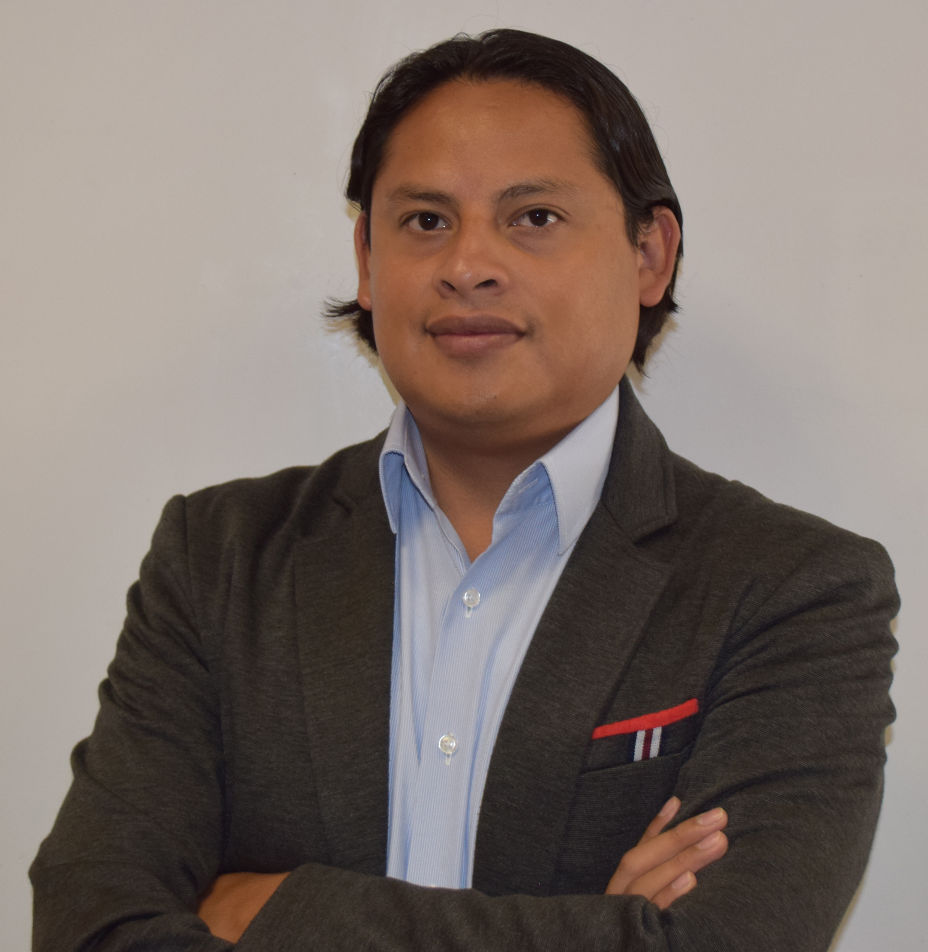Speakers - Jose Martinez-Carranza
Article Index
Page 4 of 7
| CONVOLUTIONAL NEURAL NETWORKS FOR INTELLIGENT UNMANNED AERIAL SYSTEMS | |
 |
Jose Martinez-Carranza Instituto Nacional de Astrofísica, Óptica y Eletrónica (INAOE) Talk Abstract: Unmanned Aerial Systems (UAS) have become an essential tool in several civilian and industrial applications. However, there still exist a strong dependency on a pilot for the UAS to be operated and deployed. Applications such as inspection, exploration or monitoring require the execution of several flight mission that may turn tedious and tiresome to the operator, prone to human failure with catastrophic results. In recent years, Artificial Intelligent (AI) has been leveraged by the revival of Neural Networks (NN), but in particular, by a type of NN that exploits parallel computing implementations on Graphics Processing Units (GPUs), namely the Convolutional Neural Networks, whose implementation through several layers have given rise to what is known now as Deep Learning (DL). With impressive results in domains where the combinatorial factor exploded, DL has shed light by enabling the development of solutions that can even run in real time. Thus, the field of autonomous UAS, this is without operator, has not been an exception to the use of DL, especially for the development of methods that enable a UAS to take autonomous intelligent decisions. In this talk, a number of examples involving DL and intelligent UAS will be presented. In this spirit, It will be discussed how current state of the art challenges can be better tackled with the DL-based technology. The talk will conclude with some remarks and forecasts on how DL will also leverage the future of the next generation of intelligent UAS. Bio: Jose Martinez-Carranza is Associate Professor in the Computer Science Department at the Instituto Nacional de Astrofísica, Óptica y Eletrónica (INAOE). He obtained a BSc in Computer Science (Cum Laude) from the Benemérita Universidad Autónoma de Puebla in 2004, and an MSc in Computer Science (Best Student) from INAOE in 2007, both institutions in México. In 2012, he received his PhD from the University of Bristol in the UK, where he also worked as Postdoctoral Researcher from 2012 to 2014. He received the highly prestigious Newton Advanced Fellowship (2015-2018), granted by the Royal Society in the UK to work with autonomous drones in GPS-denied environments. He also leads a Mexican team that has achieved outstanding performance in International Drone Competitions: 1st Place in the IROS 2017 Autonomous Drone Racing competition; 2nd Place in the International Micro Air Vehicle competition (IMAV) 2016 and ranked 4th in the IMAV 2017. His team is the first Mexican team to win an International Autonomous Drone Competition. |

